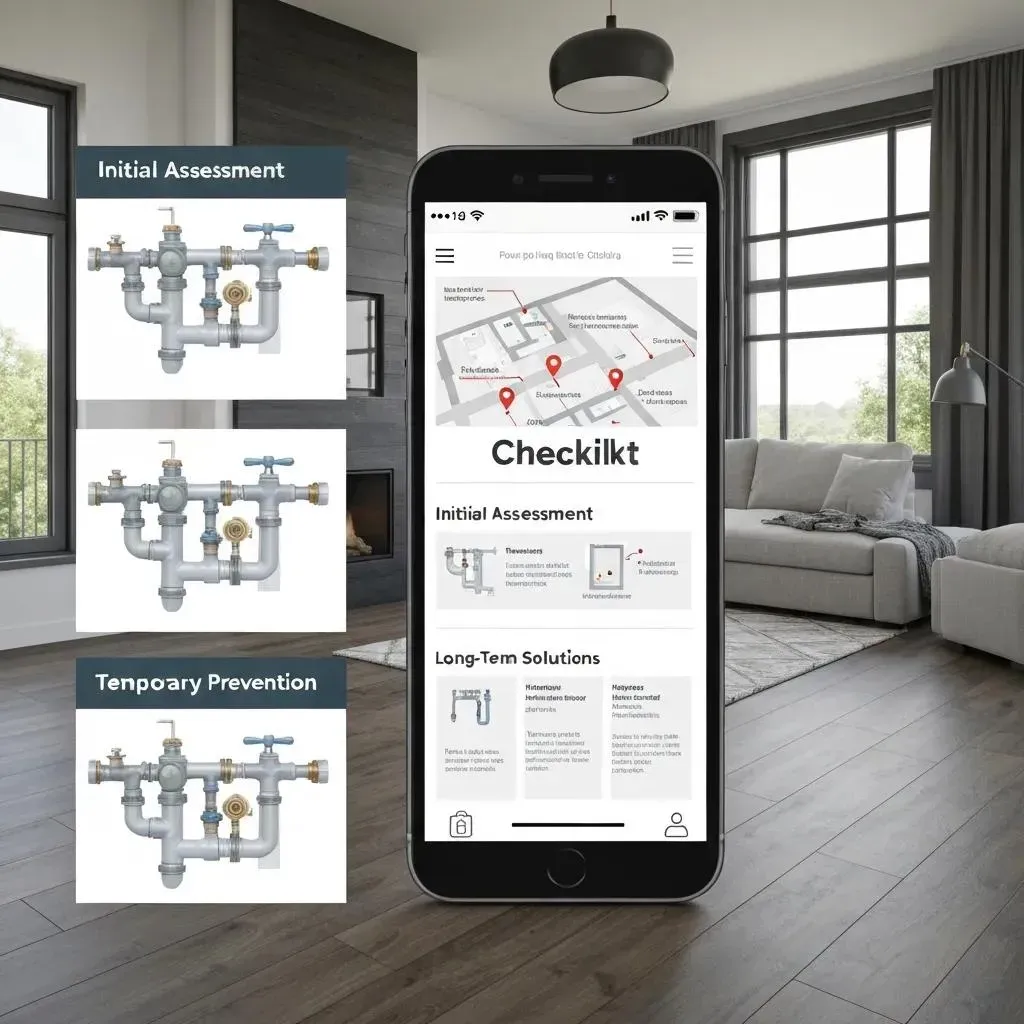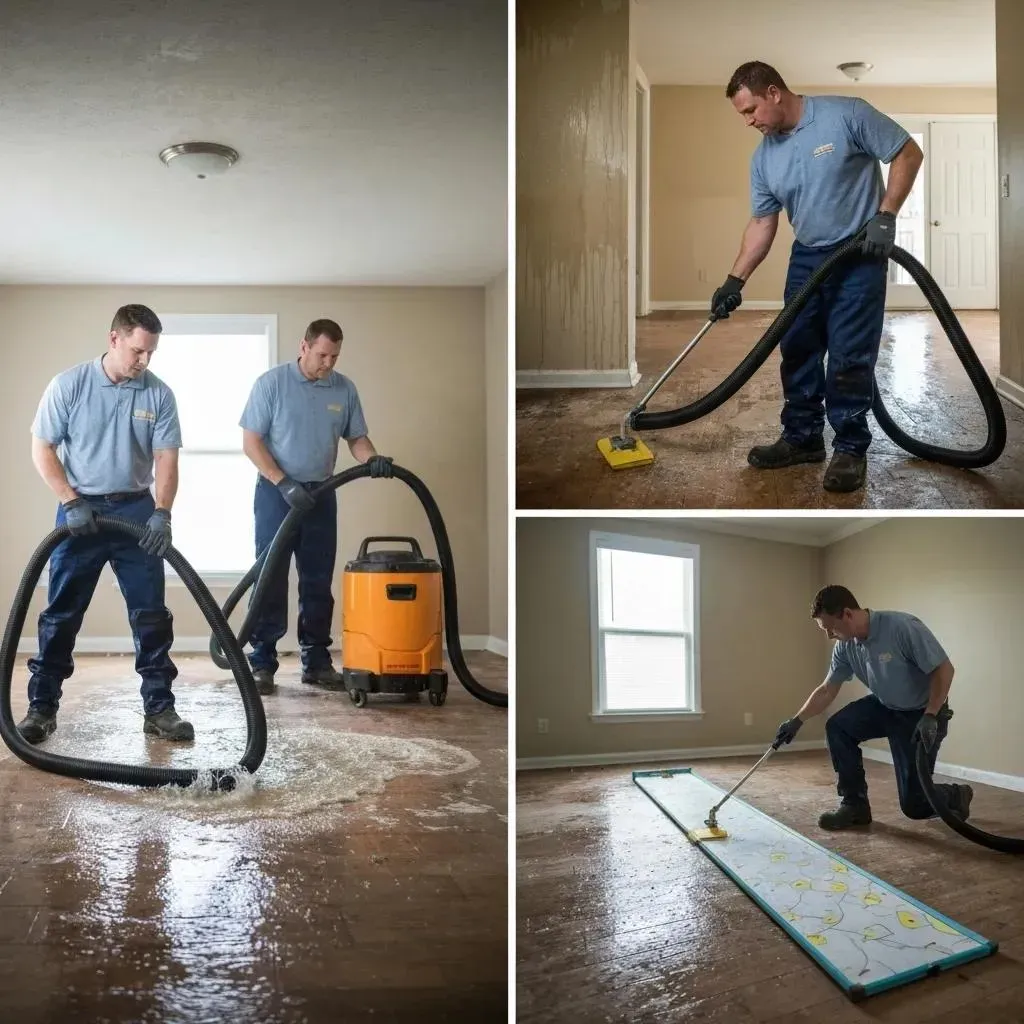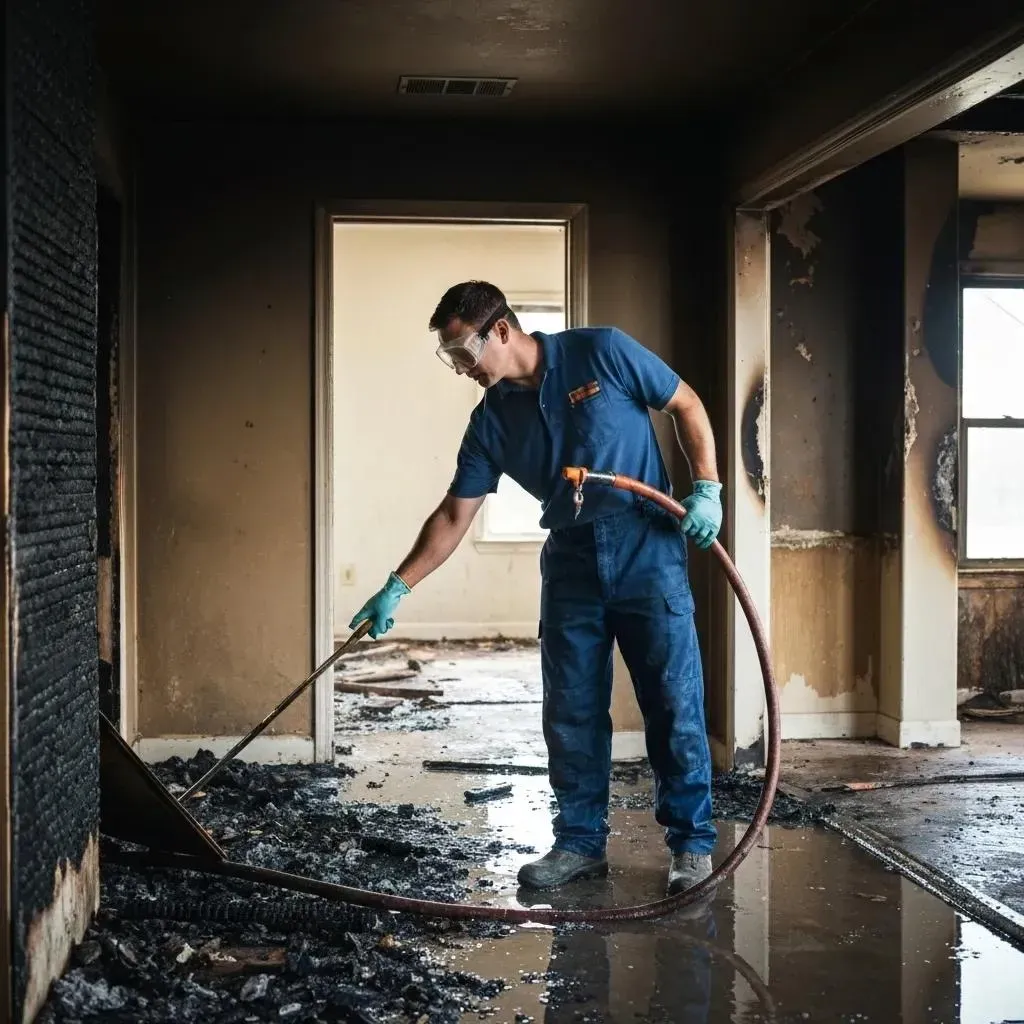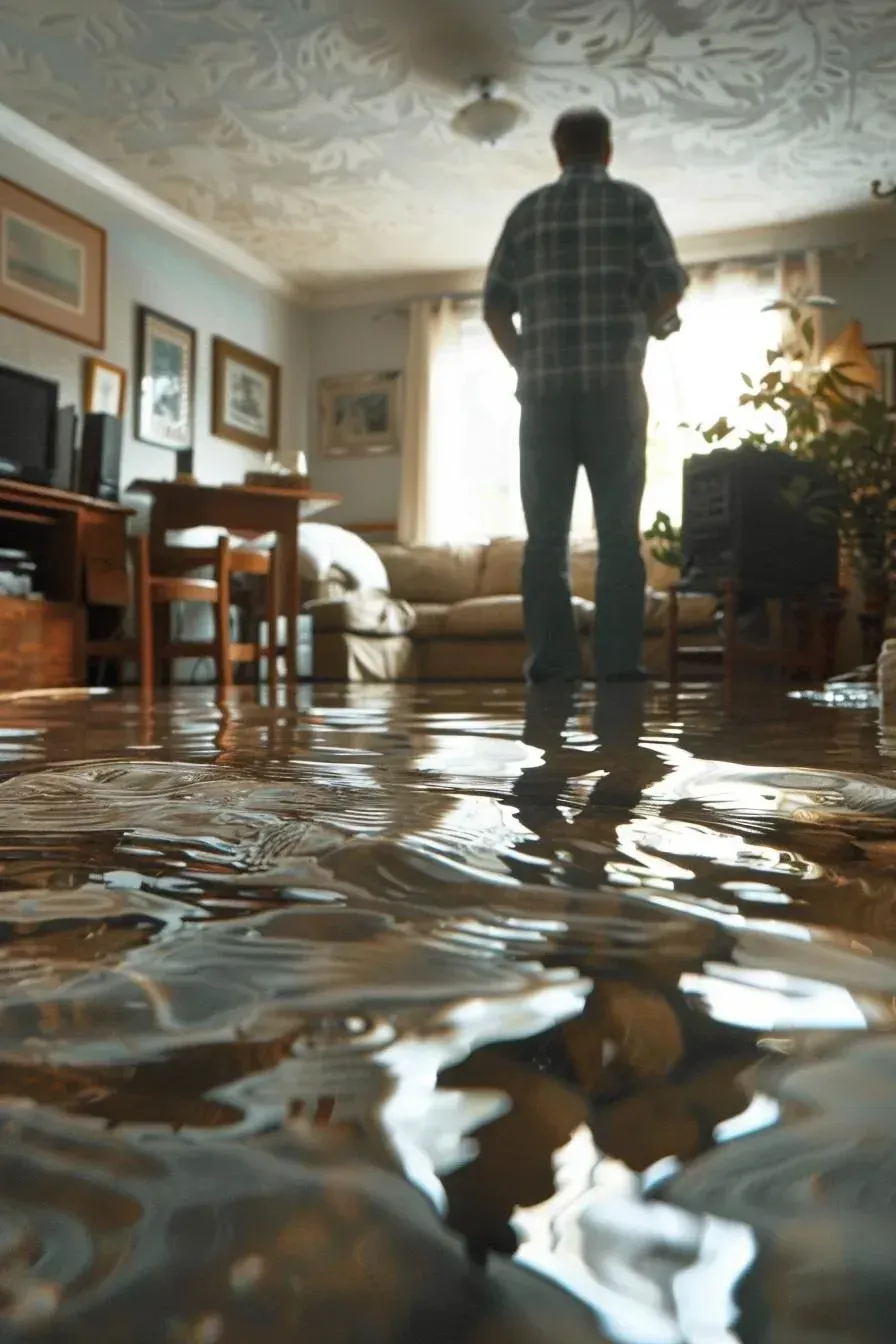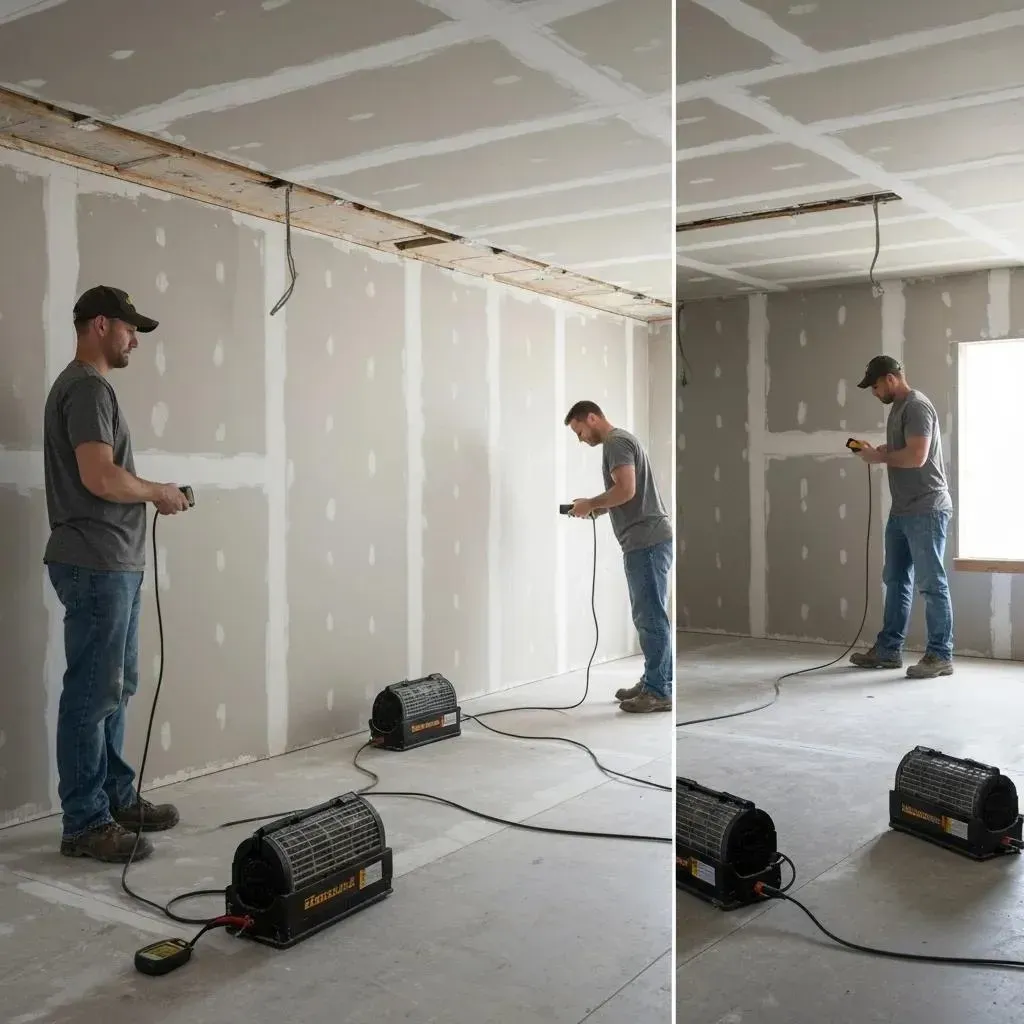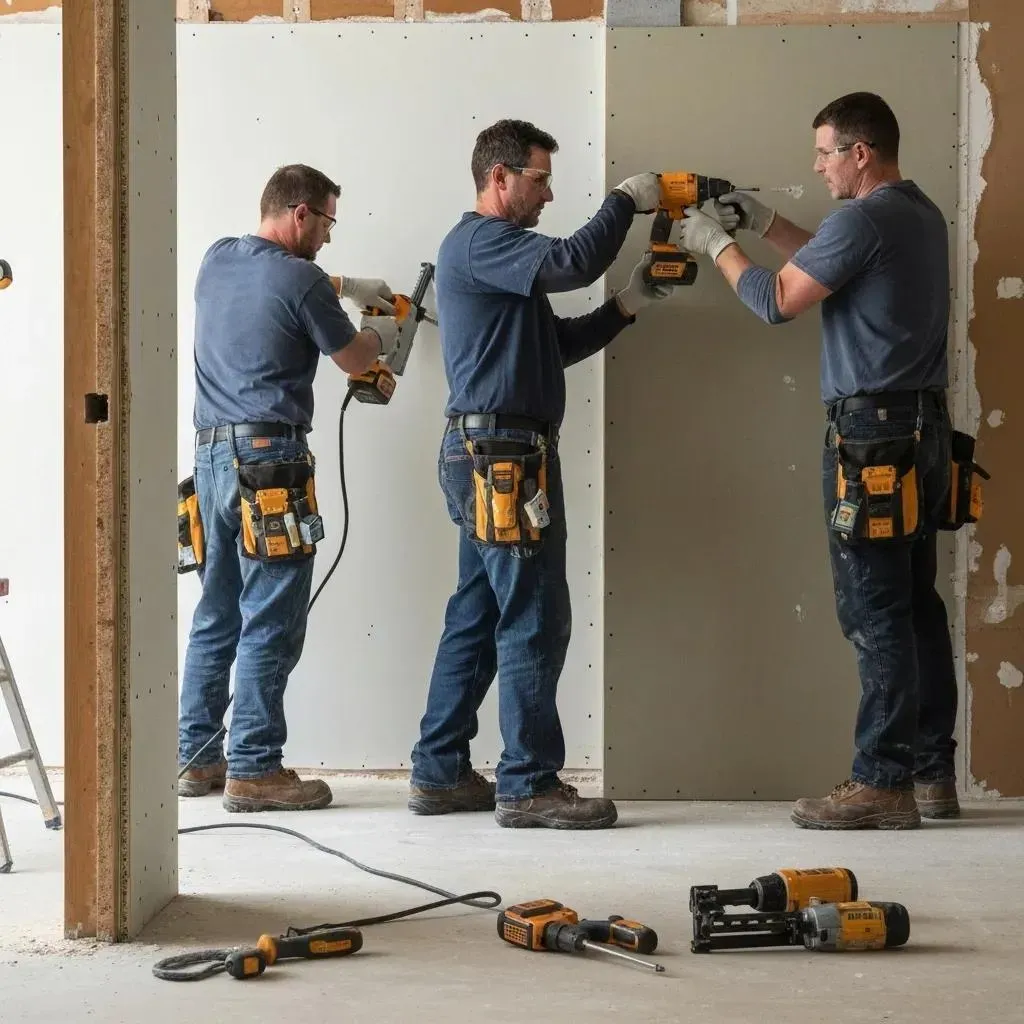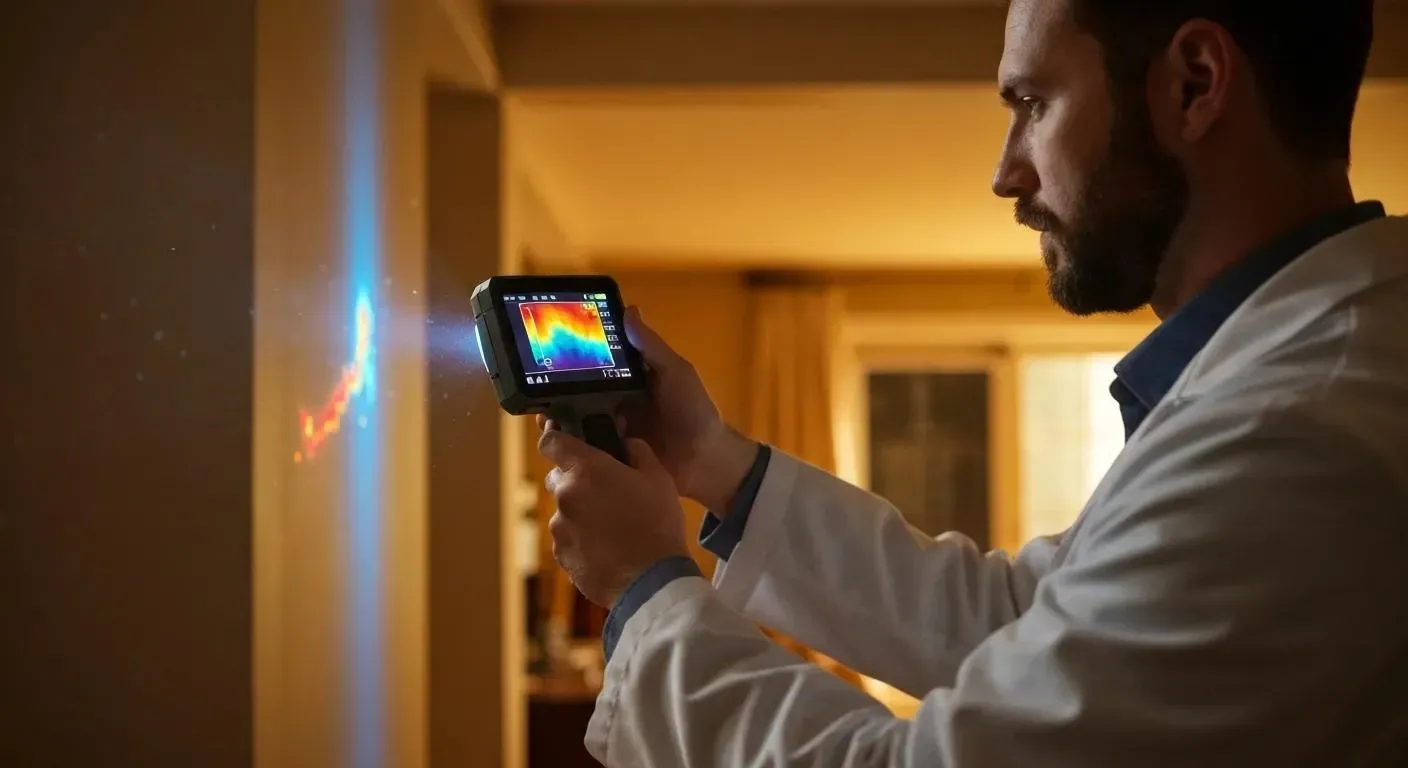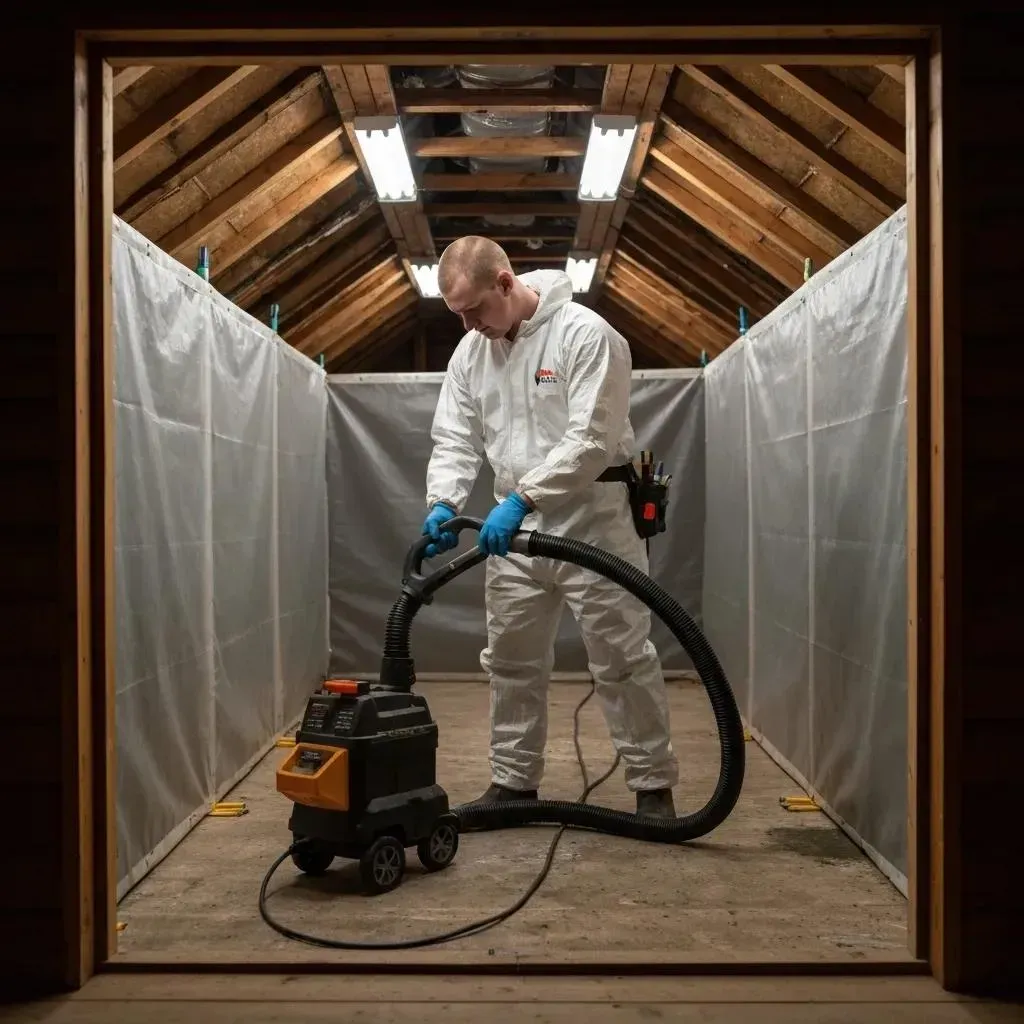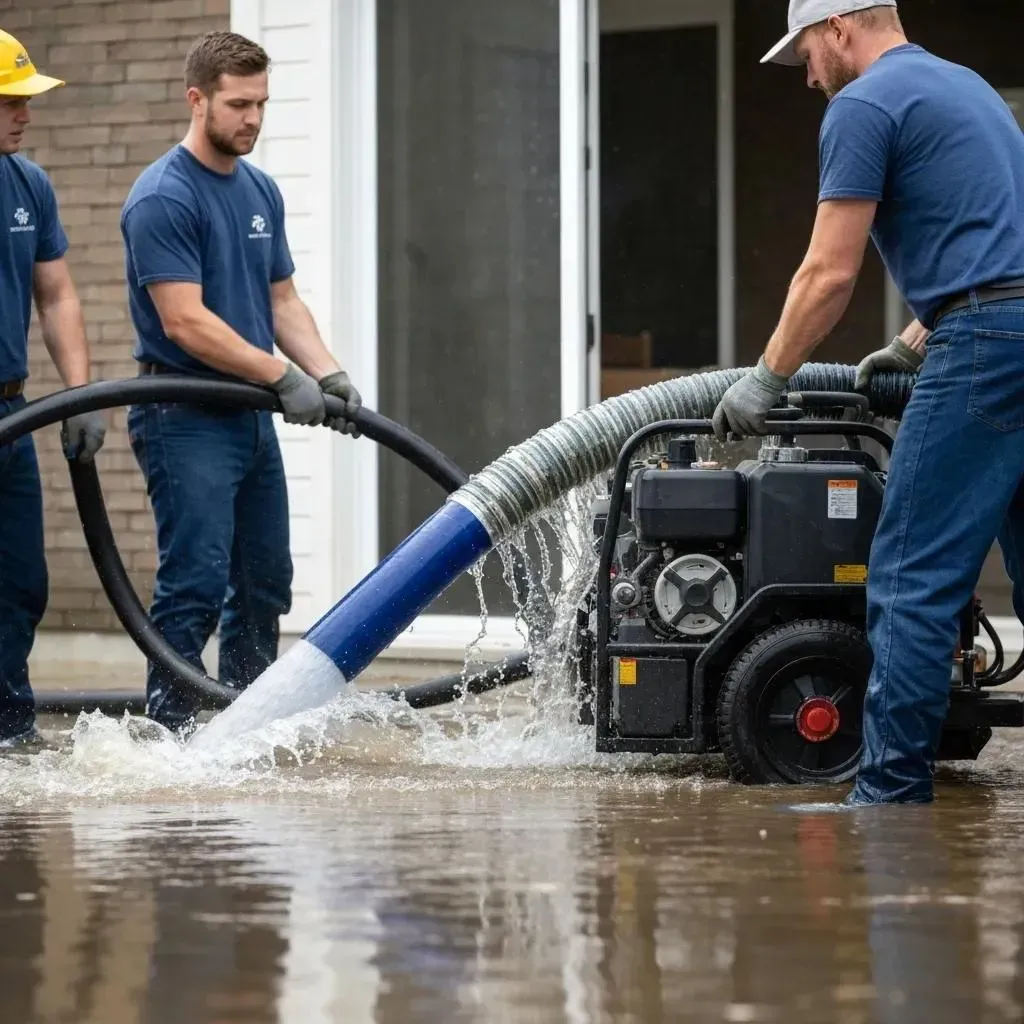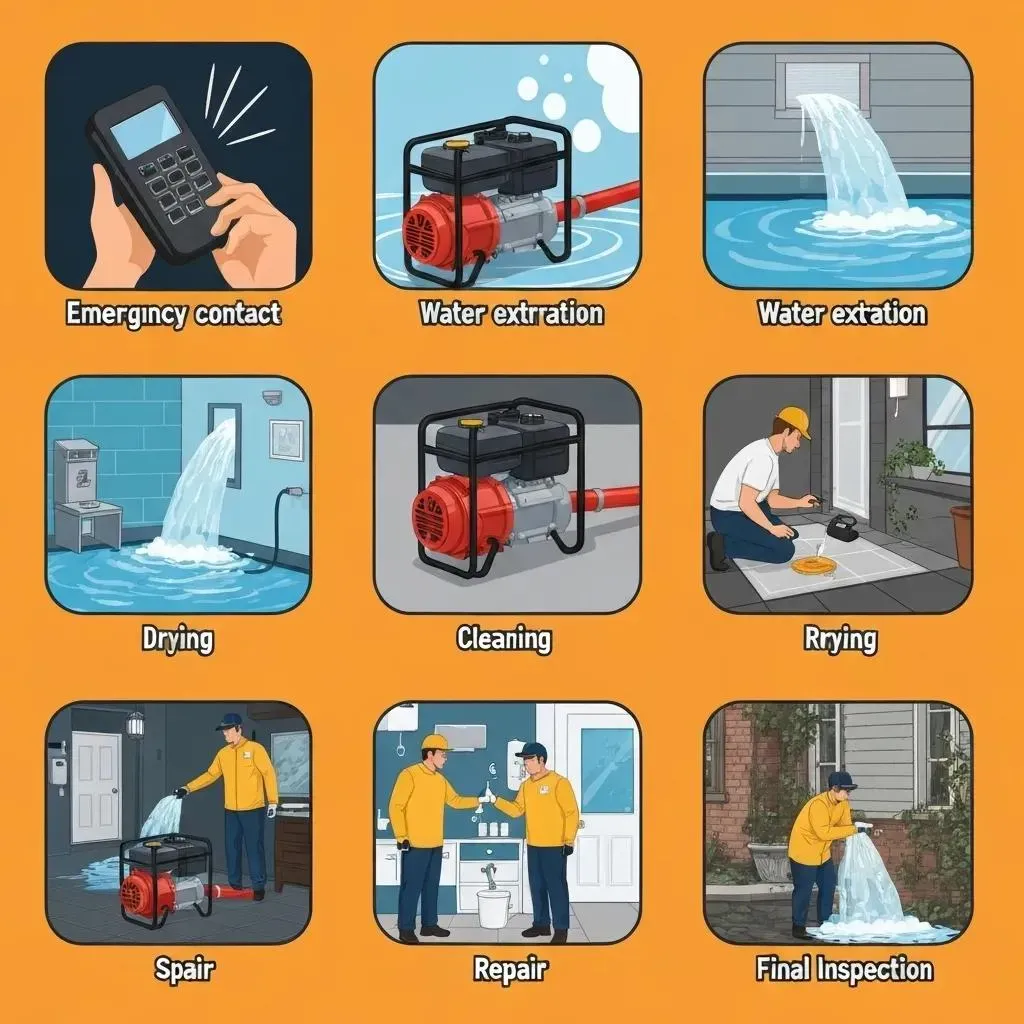Blog
How to Handle Emergency Water Damage in Denver: A Complete Guide
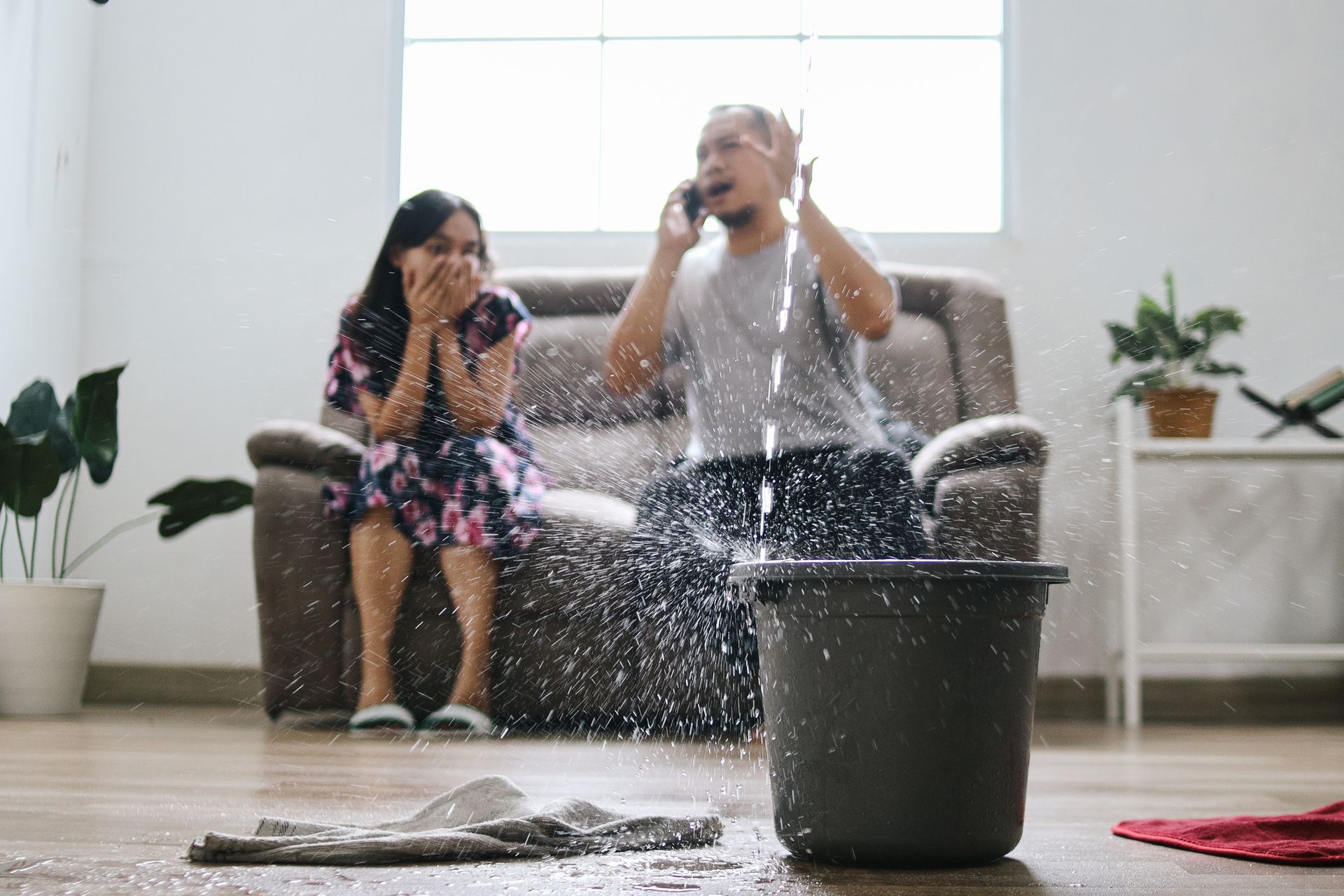
A few winters ago, we got a frantic call from a Denver homeowner at 2 a.m. A pipe had burst in their basement due to freezing temperatures. Within an hour, water had flooded the carpet, walls, and even the electrical panel. They didn’t know what to do—just that they needed help fast. Our team arrived quickly, shut off the water, and started the emergency water damage restoration process. That fast response saved them thousands in long-term repairs.
Here’s a fact that might surprise you: just one inch of water can cause over $25,000 in damage to your home. It doesn't take a major flood or a hurricane—just a leaky pipe, clogged drain, or heavy Denver snowmelt sneaking into your basement.
Many homeowners feel helpless during these moments. It’s confusing, stressful, and overwhelming. But you don’t have to face it alone. This guide will walk you through exactly what to do if you face emergency water damage in Denver, step-by-step.
What Is Emergency Water Damage Restoration?
When water unexpectedly enters your home, acting fast is crucial. Emergency water damage restoration refers to the immediate steps and professional services used to control, clean, and restore your home after a water-related disaster.
Unlike regular cleanup, emergency restoration involves high-level tools, training, and processes to protect your health and prevent further damage. It can make the difference between a quick fix and months of costly repairs.
When water enters where it shouldn't be, it can quickly soak into floors, walls, furniture, and even the structure of your building. If not handled fast, it can lead to:
- Mold growth in as little as 24-48 hours
- Electrical hazards
- Rotting wood and drywall
- Ruined flooring and insulation
That’s why time is everything. The faster you act, the less damage you’ll deal with.
Step-by-Step Guide to Handling Water Damage in Denver
Water damage emergencies can be scary. But knowing what steps to take can help you stay calm and protect your home. Here’s a breakdown of what to do—from the moment you notice water until professionals arrive.
1. Stop the Water Source
If you can safely do so, stop the flow of water immediately. That might mean turning off a faucet, shutting down an appliance, or shutting off your main water supply. Knowing where your shut-off valve is located before an emergency happens is always a smart move.
2. Stay Safe
Flooded spaces can be dangerous. Before entering, make sure there are no electrical risks. If the water is high or near outlets, turn off the power from a dry location or call your utility company. Avoid any water that looks discolored or smells bad—it could be contaminated.
3. Call a Professional Restoration Team
Water spreads fast. A restoration company can respond 24/7 to assess the damage and begin extracting water immediately. Make sure you call a local team with a proven track record in Denver—they’ll understand regional risks and weather-related issues.
4. Document the Damage
Before cleanup begins, take photos and videos of every affected area. Capture walls, floors, ceilings, furniture, and personal items. This helps with your insurance claim and serves as proof of the extent of damage.
5. Start Water Extraction and Drying
Once the pros arrive, they’ll start removing standing water using commercial-grade equipment. After extraction, they’ll set up drying systems to pull out moisture from walls, floors, and hidden areas. This is critical to prevent mold and structural problems.
6. Remove Damaged Materials
Materials like drywall, carpet, and insulation may need to be removed if they’re saturated. This stops further contamination and allows everything behind them to dry completely. Trying to save these materials often leads to mold problems later.
7. Mold Prevention and Treatment
After drying, a restoration team will treat affected areas with antimicrobial solutions. Even if you don’t see mold, spores can grow quickly in humid, damp conditions. Preventing mold upfront saves major health and financial headaches later.
8. Repair and Rebuild
The final step is repairing the damage. Depending on what was affected, this may include installing new drywall, replacing flooring, fixing trim, and repainting. Many restoration companies also offer reconstruction, saving you the hassle of hiring multiple contractors.
Common Causes of Water Damage in Denver
Denver’s mix of cold winters and sudden spring thaws makes it especially vulnerable to certain types of water damage. Recognizing the most common threats can help you stay ahead of them.
- Frozen pipes: Denver winters can freeze and burst pipes overnight.
- Ice dams: Snow buildup on roofs melts and refreezes, causing leaks.
- Heavy rain or snowmelt: Fast spring melts or summer storms can overwhelm drains and seep into basements.
- Clogged gutters: Blocked gutters direct water toward your foundation instead of away from it.
- Old plumbing: Aging pipes are more likely to crack or corrode.
- Appliance failures: Dishwashers, water heaters, and washing machines can leak or rupture.
Stay vigilant with seasonal maintenance and regular inspections to reduce your risk.
Why DIY Isn’t Enough for Emergency Water Damage
We get it—you want to save money and fix things yourself. But when it comes to emergency water damage, DIY methods usually fall short. Shop vacs, towels, and fans may look like they’re helping, but they only address surface moisture.
The real danger is what you can’t see:
- Water behind baseboards and inside walls
- Damp insulation and hidden mold growth
- Damage to subfloors and framing
Professional teams use infrared cameras, moisture meters, and commercial dryers to find and fix all hidden damage. Without these tools, you risk future mold problems, weak structures, and denied insurance claims.
What to Expect From a Denver Water Damage Restoration Company
Not all restoration companies are the same. Here's what a reputable Denver-based team should provide when you call:
- 24/7 response: Emergencies don’t wait, and neither should your contractor.
- Trained & certified staff: Look for IICRC certification and years of local experience.
- Moisture detection tools: To fully assess how deep the damage goes.
- Clear estimates and timelines: You should never be left guessing.
- Insurance help: Many companies will assist with claim documentation and reporting.
- Full restoration services: From water removal to final rebuild, a one-stop shop can save you stress.
Choose a team that’s fast, transparent, and focused on restoring—not just drying—your home.
Frequently Asked Questions (FAQs)
1. How long does it take to fully restore a home after water damage?
It depends on the extent of the damage, but most jobs take anywhere from 3 days to several weeks including drying and repairs.
2. Will my homeowner's insurance cover emergency water damage restoration?
Most policies cover sudden and accidental water damage, but not flooding or slow leaks—check with your insurance provider for specifics.
3. Can emergency water damage cause long-term structural problems?
Yes, untreated water damage can weaken framing, warp floors, and compromise your home’s foundation over time.
4. What should I do if I smell musty odors after drying is complete?
Musty smells may indicate hidden mold—contact a professional for a mold inspection and treatment.
How Accountable Home Services Can Help You
At Accountable Home Services, we specialize in fast, professional emergency water damage restoration across Denver and the surrounding areas. We’re also experts in fire damage restoration, mold remediation, and full reconstruction.
When disaster strikes, we act quickly to protect your home and your health. Our certified team is available 24/7 to respond, restore, and rebuild—giving you peace of mind every step of the way.
Visit us at: 1347 E 73rd Ave, Denver, CO 80229
Call us now: (720) 620-3272
Get help fast at: [YourWebsite.com]
Water doesn’t wait. Neither should you. Call Accountable Home Services—Denver’s trusted restoration experts.

